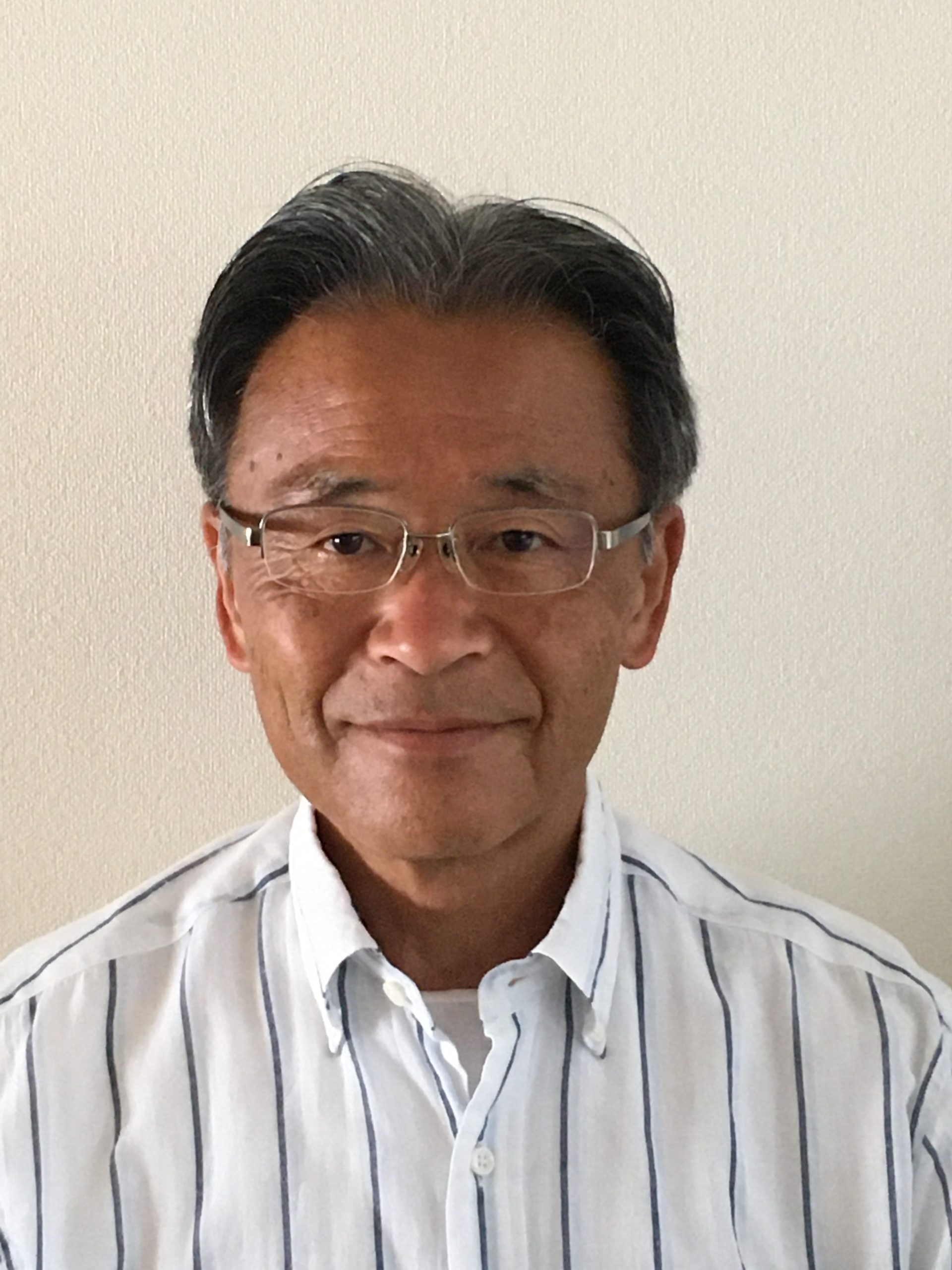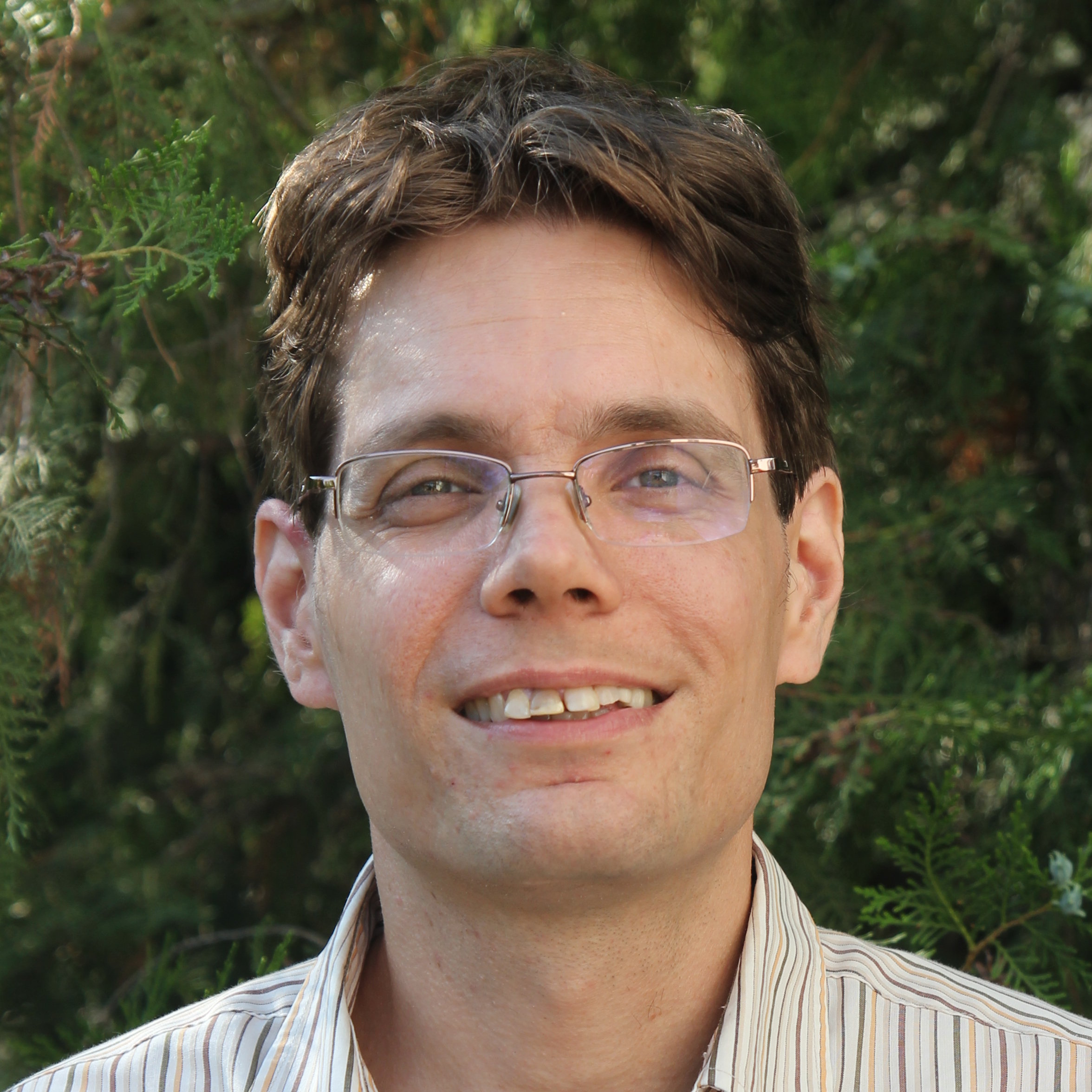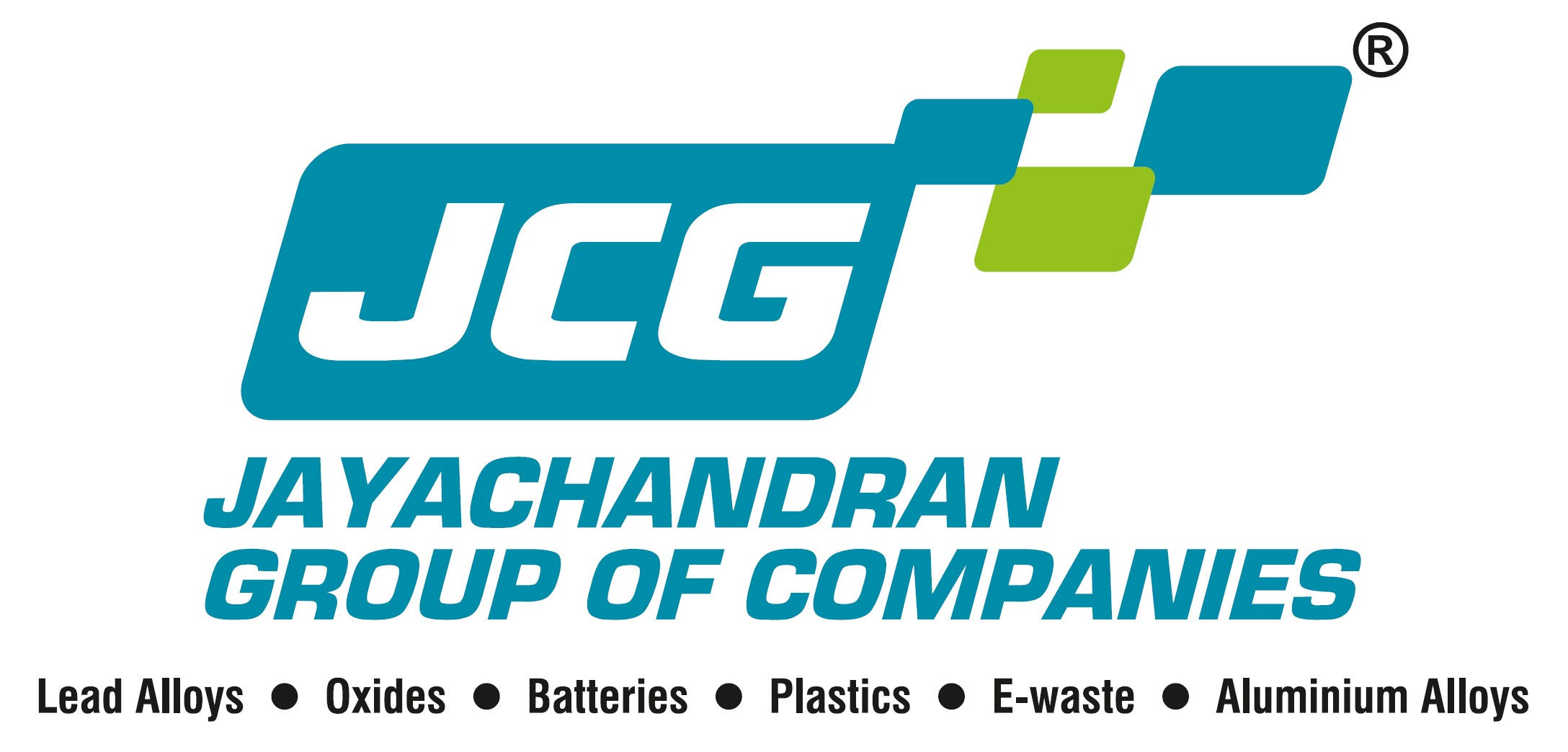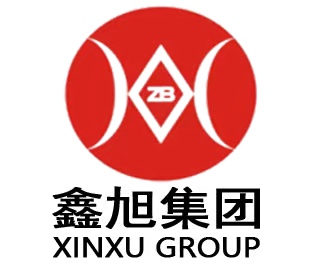Reducing greenhouse gases emission from the transport sector is a major problem for governments worldwide. As a countermeasure against this, strong HEVs and BEVs are dominant in developed countries. On the other hand, micro HEVs with stop-start and regen brake systems are increasing in the emerging countries. This is because the cost of micro HEVs is more reasonable than that of HEVs and EVs. Usually, micro-HEVs are adopting enhanced flooded batteries (EFBs).
Emerging countries include ASEAN countries, India, and Brazil. Since these countries are in hot regions, EFBs are required to withstand higher temperatures than ever before. The main failure mode of an EFB in a hot temperature region is the corrosion of the positive grid that, in turn, grows and causes a short-circuit Therefore, the Furukawa Battery has produced a positive grid alloy with high corrosion resistance. Also, Furukawa Battery has developed a finite element simulation to predict the growth deformation of the positive grid. For a better understanding of these phenomena, our study proposes a simulation model for the analysis of this undesired deformation.
This presentation first discusses the underlying chemical and electrochemical mechanisms behind the grid expansion and then proposes a model of the mechanics of its expansion. Next, the behaviour of the material is demonstrated using uniaxial tensile tests. Finally, a finite element model is built for the mechanical analysis of the battery cell. By using this simulation, it has become possible to optimize positive grid design.
Presenters

Jun Furukawa joined the Furukawa Battery in 1980 and is now Senior Adviser of the Furukawa Battery. He holds more than 150 patents in the battery area. He was awarded the Gaston Planté Medal of the Bulgarian Academy of Sciences in 2017.

Attila Palfalvi has received his PhD degree in mechanical engineering from Budapest University of Technology and Economics in 2011, in the field of numerical simulation and viscoelasticity modeling. He has been working with Furukawa Electric Institute of Technology for more than a decade now, using the finite element method for different applications.

Tamas Poloskei received his MSc degree in mechanical engineering at Budapest University of Technology and Economics in 2015 after which he attended the doctorate school to do finite element based numerical investigations on fiber reinforced thin-walled composite structures. He joined Furukawa Electric Institute of Technology Limited (Hungary, Budapest) in 2020 where he was involved in the simulation of thermal and electric conduction and copper electroplating process of 2nd generation high temperature superconducting tapes (SuperPower Inc.) and in the modelling and prediction of lead corrosion induced battery grid deformations. As of 2022 October, he’s working with SuperPower Inc. in Glenville, NY.

























